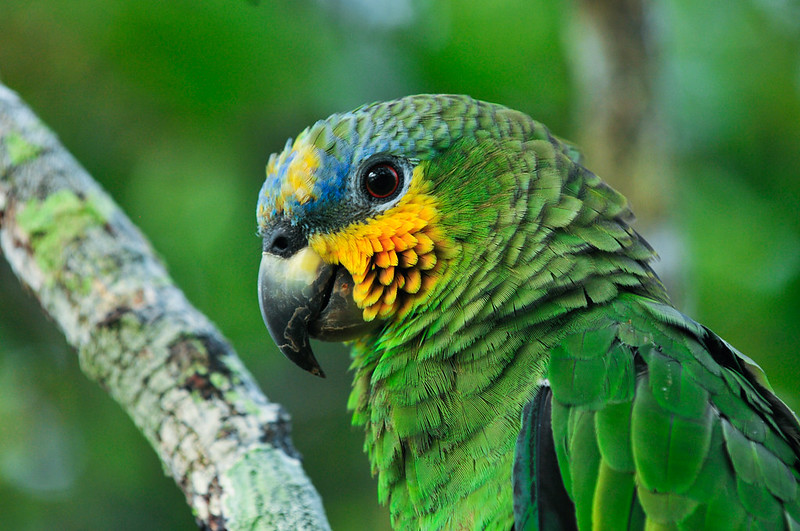Tree genebanks can make a valuable contribution to the food security and incomes of smallholder farmers in developing countries, a new study suggests.
The study, published in the journal Food Security, examined the experiences of farmers in Kenya who had requested seeds for multipurpose tree species from the World Agroforestry Centre (ICRAF).
The aim was to understand why farmers value these trees so much as to go to the trouble of contacting the genebank in far-away Nairobi for seed.“What we found is that farmers derive multiple benefits from incorporating trees into their farming systems, including better food security, higher incomes, and lower vulnerability to drought,” said Nelissa Jamora, agricultural economist with the Crop Trust and a co-author of the paper.
“But in the absence of functioning seed markets and affordable commercial suppliers, it can be hard for them to obtain tree seeds, which is why they depend on the ICRAF genebank.”
The ICRAF genebank—a recent Editor’s Pick for the Food Planet Prize—plays a key role in conserving the genetic diversity of useful trees. It holds more than 14,000 accessions of fruit and multipurpose trees, representing about 190 species, in its lab and field sites, managed by the ICRAF Genetic Resources Unit.
For the full story, click here.
We want you to share Forests News content, which is licensed under Creative Commons Attribution-NonCommercial-ShareAlike 4.0 International (CC BY-NC-SA 4.0). This means you are free to redistribute our material for non-commercial purposes. All we ask is that you give Forests News appropriate credit and link to the original Forests News content, indicate if changes were made, and distribute your contributions under the same Creative Commons license. You must notify Forests News if you repost, reprint or reuse our materials by contacting forestsnews@cifor-icraf.org.

